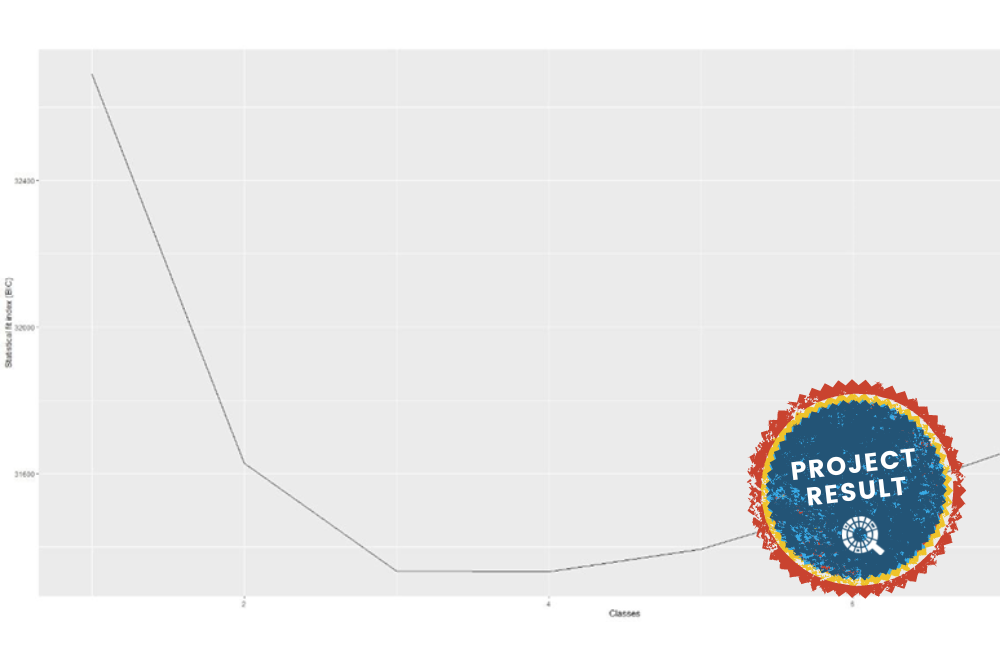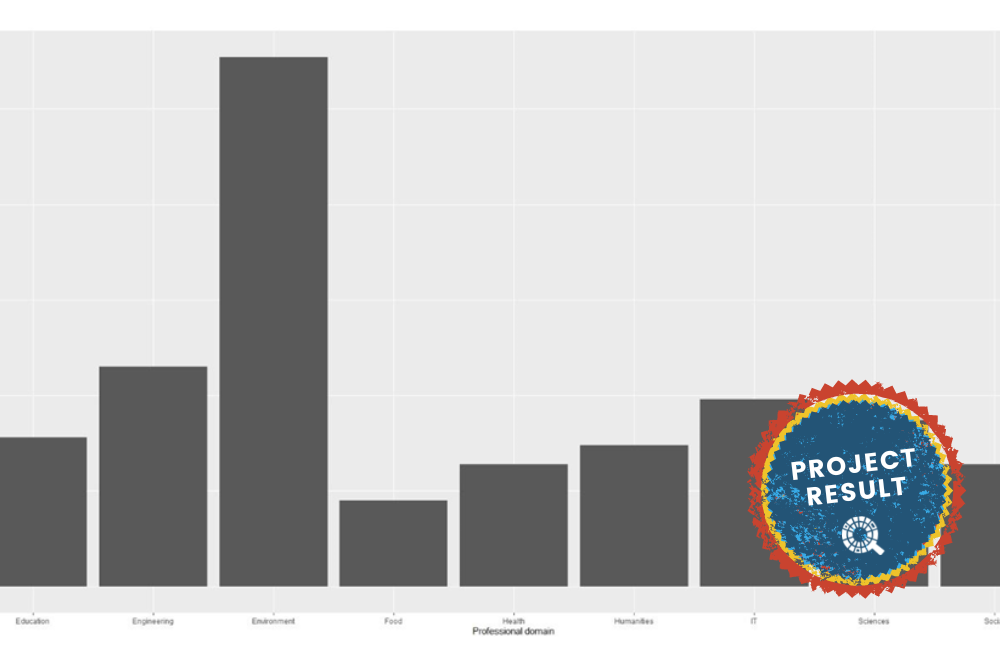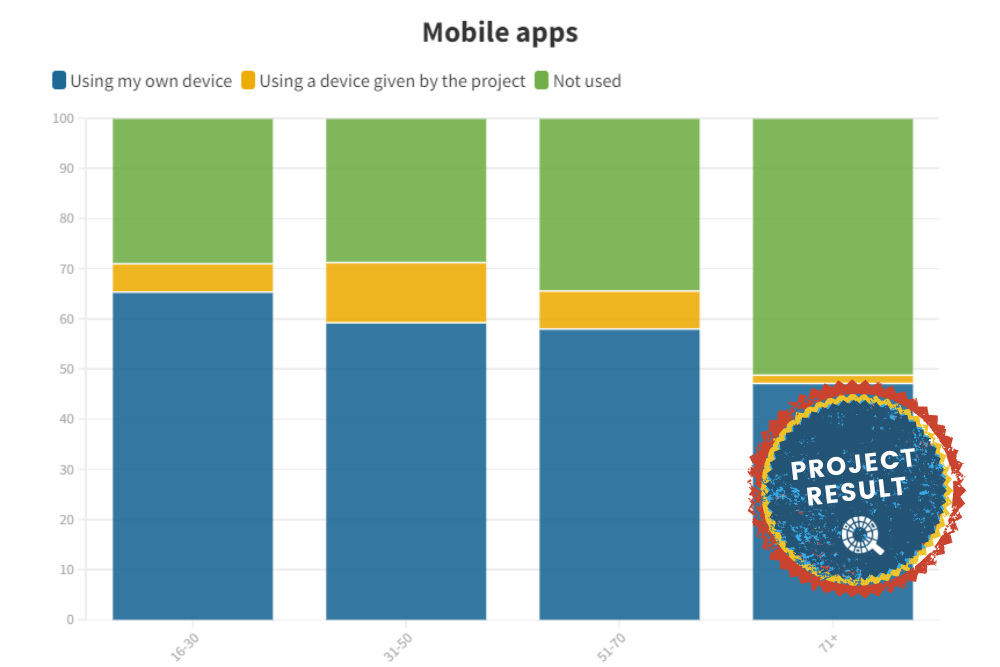Since November 2019 the international research project CS Track has been combining traditional social-science methods with web-based and computational analytics in order to systematically survey the field of Citizen Science. Based on our findings, we have now developed a set of 10 policy recommendations which identify key issues to be addressed if we want to further support and promote participatory research in Europe. The goal of these recommendations is to suggest ways in which CS stakeholders (such as project initiators, platform managers or funding agencies) can help maximise the benefit of Citizen Science activities for individual citizens, the scientific community, and society at large. Download the full report here.
The document presents 10 policy recommendations grouped into 5 categories:
- Theory. The definition of Citizen Science and its position in relation to other forms of knowledge production and education.
- Creation. Scientific and educational outcomes, the role and weight of Citizen Science within the scientific process.
- Operation. Coordination and management of CS activities – training and deliberate design of learning opportunities, internal communication etc.
- Technology. Accessibility of required equipment, data protection and privacy.
- Value. Cost and funding of CS activities, evaluation and impact assessment.
These five themes were investigated on three different levels: micro, meso, and macro.
For the macro level, which refers to the societal dimension – both in terms of impact and regarding the political and financial conditions for Citizen Science (i.e. funding programmes, policy frameworks etc.), the authors have formulated the following five policy recommendations:
- Contribute to increasing the educational impact of Citizen Science by promoting and supporting the development of training for citizen scientists, of CS activities that can be incorporated into school curricula or study programmes, and of some form of accreditation to reflect skills and knowledge gained through participation in CS projects.
- Proactively encourage professional scientists to consider incorporating Citizen Science when planning new research projects, for example by creating dedicated grant programmes or funding modules.
- Promote best practices with regard to privacy and data protection, for instance by developing guidelines and templates for consent forms, privacy statements etc.
- Encourage CS projects to provide opportunities for citizen scientists to enhance not only project-specific content knowledge and practical skills, but also their general scientific literacy and research competencies.
- Work towards increasing transparency in the field of Citizen Science by promoting the collection and publication of information on costs and funding sources of CS projects and activities. This will also benefit prospective project initiators by helping them set a realistic budget and find sponsors.
References
Photo by Catarina Sousa on Pexels.














